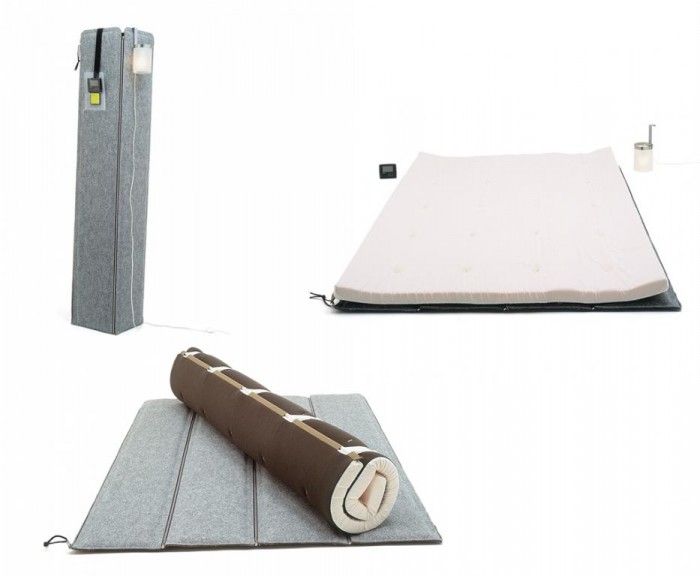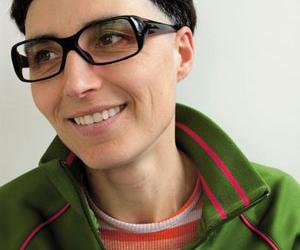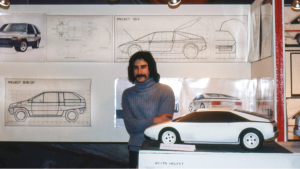First Published in

To understand Matali Crasset's work, you must listen to her words. She knows very well how to explain what she does and what she wants to do. You must also listen to the words of her already numerous commentators. And finally, you must listen to your own words, to the words that come to mind when you discover her discreet, almost secret creations wrapped up in a shopping bag.
These are everyday objects, ones that seem both invisible and obvious. They are objects that are necessary on first thought and indispensable on further reflection. Yet Matali's objects are charming - seductive in spite of their feigned sobriety and ironic minimalism - and almost tender.
Her pieces are all "in situation", in other words, they call to mind and create situations. When thinking about her designs, consider the words "beginning", or maybe "to begin", or even "to begin again", because each object is, by itself, the beginning of a story. Once upon a time… One night, a friend pays an unexpected visit... The child hides away under its tent and falls asleep... Childhood and everything that goes with it is evoked. This is playing and living in the conditional tense (let's pretend we're in a house, let's pretend we're in an office...). Indeed, this life in the realm of the conditional might well be the foundation of an art of living.
Matali's objects inspire a picture of the most simple of everyday realities. At the same time they suggest the remotest Utopia, the dream of a place that is sheltered and open, functional and poetic, personal and shared.
Besides a "beginning", other words come to mind: intimacy, light, sympathy, solitude, relation, relaxing, looks, near, exotic, elsewhere, here, private, public. Although they are oxymoronic, the opposing words compose a whole. They eventually arrive at a sense of peace.
These words are like the objects themselves: they approach things and life at their root, at the beginning. Let's begin by arranging the place where we live, the place where we work, let's make it open and welcoming. Let's take a break for a nap, just like we take a break for coffee, without upsetting anything. Let's sweeten everyday life. Let's make the moment liveable and the rest will follow.
In the end these objects are quite difficult to define. Maybe the only way to proceed is to follow their apparent logic. Take all the words that have responded to our call. Begin with the word "beginning" and then add all the others. Mix them all together. Lock them up inside a box (which you will ask Matali to create for you). Shake well.
Then quickly empty the contents of this box. Pick up the words one by one and slowly pronounce each one aloud. Together, they will tell you about a world that is open to the four winds, but where you can still feel sheltered. Or perhaps the words will evoke islands of intimacy (like a familiar chair, or an alarm clock), which extend an invitation to your wandering, nomadic thoughts.
Then pick up the words again, throw them once more, and then compose your poem anew. Although the words remain the same, the order in which they appear will be different every time. Rest assured you'll be told something new about Matali's objects. Most of all, what the words will say is that these objects need you - you, your words, your dreams and your tinkerings - in order to really exist. But don't be surprised by this; it's what they were made for, after all.
About the author
One of Europe's best known anthropologists, Marc Augé is the author of Non-places: Introduction to an Anthropology of Supermodernity; The War of Dreams; In the Metro and other titles. His work has been widely translated from the French. Like the designer he writes about, he is also fascinated by the rituals of daily life.








